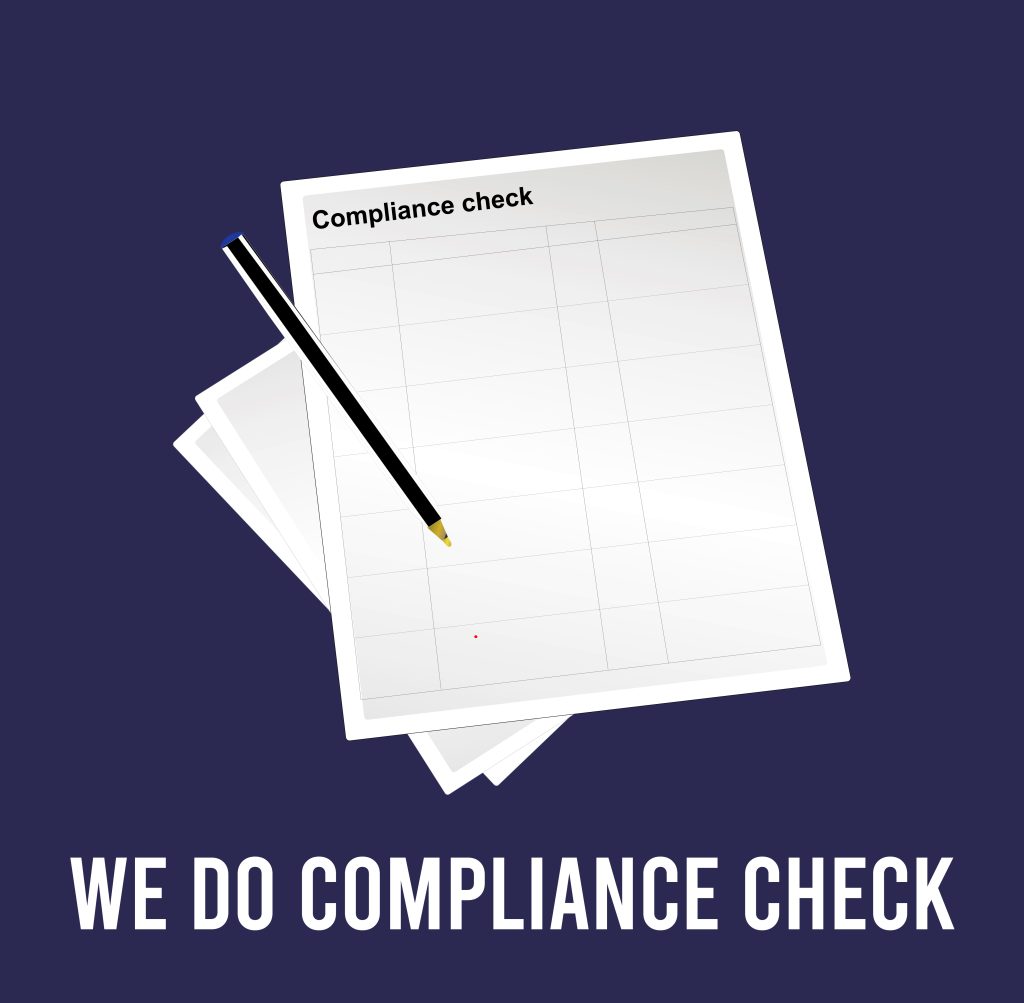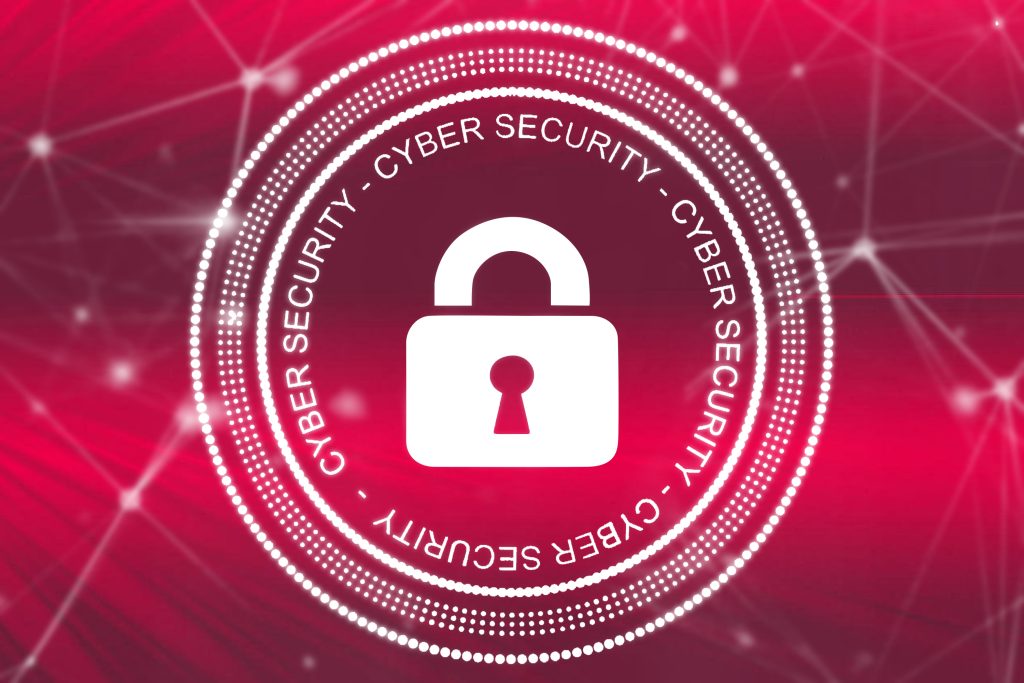Exploring Security and Compliance in Decentralized Exchanges
Decentralized exchanges (DEXs) are heralded for offering enhanced privacy and control over transactions, a feature attributed to their fundamental design that eliminates the need for intermediaries. While these benefits are pronounced, they bring to light the critical issues of security and compliance. Let us explore how DEXs are addressing these challenges to ensure a safe and regulatory-compliant trading environment.

Security Protocols in DEXs
Security is a top priority in the world of DEXs. Due to the absence of a central authority, robust protocols are essential to safeguard users and their assets. Let us take a closer look at how decentralized exchanges are protecting users:
User-Controlled Funds
DEXs give users direct control over their funds, reducing the risk of large-scale hacks often seen in centralized exchanges. Every transaction occurs directly from one wallet to another, ensuring that users’ assets are not stored on the exchange.
Encryption and Anonymity
Furthermore, DEXs prioritize security through advanced encryption technologies, safeguarding transaction details and users’ identities. In fact, these platforms often operate on anonymous or pseudonymous principles, boosting privacy while maintaining robust security measures.
Smart Contract Security
Smart contracts play a central role in DEX operations. Hence, rigorous audits and regular updates are carried out to identify and address potential vulnerabilities, guaranteeing secure and efficient performance of these automated self-executing contracts. These continuous efforts in smart contract security are emblematic of DEX’s commitment to maintaining trust and reliability. Users can rest assured that their transactions are executed with precision, free from the risks associated with vulnerable or compromised smart contracts.
Compliance Challenges for Decentralized Exchanges
Decentralized exchanges (DEXs) operate within a complex regulatory environment marked by a diverse array of regulations and requirements. This diversity presents significant challenges that necessitate adaptable and proactive approaches to compliance. Here is what to know about compliance in decentralized exchanges:
Adapting to Regulatory Changes
One of the fundamental challenges DEXs face is the ever-changing regulatory landscape. To address this, DEX platforms are designed to be adaptable and flexible. They incorporate features and mechanisms that enable them to align with evolving legal requirements across various jurisdictions. This adaptability assures users that compliance is an integral part of the platform’s architecture, promoting a safe and secure trading environment.

KYC/AML Measures
In response to regulatory demands, some DEXs opt to incorporate Know Your Customer (KYC) and Anti-Money Laundering (AML) procedures. These measures are strategically implemented to adhere to regulatory mandates and combat illegal activities. By verifying the identities of users and monitoring transactions, DEXs can ensure that their platforms are not unwittingly exploited for fraudulent or illicit transactions.
In addressing these compliance challenges, decentralized exchanges seek to achieve a balance between user privacy and regulatory requirements, thus fostering trust and confidence among traders in an ever-changing regulatory landscape.
Striking the Balance Between Security and Compliance
Decentralized exchanges (DEXs) find themselves on a nuanced journey, navigating the fine line between ensuring user security and adhering to regulatory requirements. This journey is marked by a continuous stream of innovations and strategic initiatives aimed at enhancing both these critical facets. Here are some ways decentralized exchanges balance security and compliance:
User Empowerment through Education
A pivotal aspect of enhancing security within DEXs is user education. These platforms provide an array of resources and tools designed to empower users with knowledge about best practices for safeguarding their assets and identities. Informed users become the primary line of defense against potential security breaches, reinforcing the integrity of the DEX ecosystem.

Engaging with Regulatory Authorities
Moreover, DEXs actively engage with regulatory authorities to foster a deeper understanding of the decentralized landscape. Through constructive collaborations, these platforms are actively working towards shaping regulations that strike a delicate balance between protecting users and enabling innovation. The goal is to ensure that compliance requirements do not stifle the progress and evolution of DEXs.
The Future Trajectories of Security and Compliance
The future of DEXs is inextricably linked to the evolution of security protocols and regulatory frameworks. As these platforms advance, security and compliance are expected to take center stage on their developmental agenda, with a commitment to continually raise the bar in both areas.
Leveraging Technological Innovations
For starters, anticipated advancements in technology will play a pivotal role in enhancing security within DEXs. From the deployment of advanced encryption methods to the integration of AI-powered monitoring tools, technological innovations are poised to fortify security protocols, bolstering the resilience of these platforms.
Collaborative Regulatory Frameworks
Collaborative efforts between DEXs and regulatory bodies are expected to yield regulatory frameworks that acknowledge and accommodate the unique characteristics of decentralized trading. These regulations are likely to be marked by adaptability, ensuring that they remain relevant and effective in the face of rapid advancements within the DEX landscape.
By navigating the intricate interplay between security and compliance, DEXs aim to provide users with a secure, innovative, and regulatory-compliant trading environment that stands at the forefront of the evolving cryptocurrency landscape.
Wrapping Up
The key takeaway here is that security and compliance are vital in the operational ethos of decentralized exchanges. As these platforms continue to grow, the continuous refinement of security protocols and adaptability to regulatory requirements will be central to their evolution.
For users, this dual focus promises not only enhanced security but also a trading environment that is regulatory-compliant, fostering confidence and enabling the maximization of the unique opportunities that DEXs present. The journey ahead for DEXs is one of innovation, adaptation, and collaboration, hallmarked by a relentless pursuit of excellence in security and compliance.
